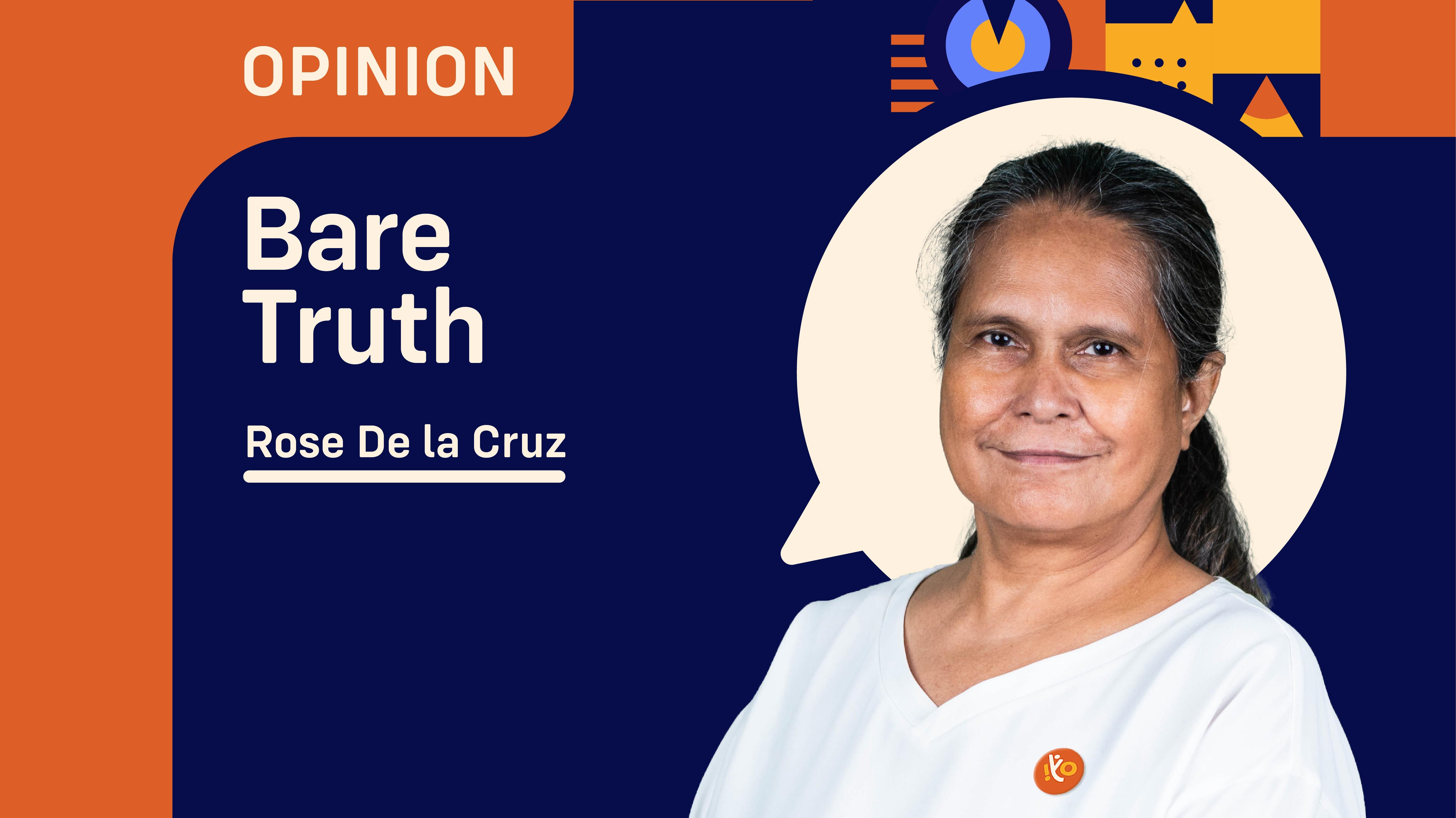I read this line from a story at the Inquirer yesterday which made me think deeply. In this era of internet when everybody can speak about their stories and make it appear like they were based on history, I told myself there seems to be many pasts and many histories. But a historian would always refute this, saying there is only one history.
So, I read on to the piece written at @inquirerdotnet where writer, Anna Cristina Tuazon attended an online national conference of the Pambansang Samahan sa Sikolohiyang Pilipino, a multidisciplinary gathering of scholars of indigenous Filipino psychologists.
Tuazon wrote: “What I enjoy the most are the vibrant (and sometimes passionate) discussions after the presentations, something I rarely witness nowadays in the age of faceless, muted Zoom boxes. I like advocacy-based academic gatherings in general because the questions have a greater purpose: How do we solve societal ills and build a better nation for Filipinos?”
The meeting centered on disinformation. Dr. Luisa Camagay, an eminent historian, reminded us that “there is only one past, but many histories.” There is only one set of established facts of the past, but many ways to experience and interpret it.
Then she talked of a basketball game, with winners and losers and spectators having different versions of the game depending on which side they were. Naturally the one whose team lost would not accept the defeat and feel robbed of a win. Just as likely, maybe you’ve accepted the defeat but still feel despondent. Everyone watching, even neutral spectators, would have their own experience of the game.
What one cannot contest, however, is what exactly happened in the game: the passes, the throws, the fouls. Imagine, if later we find out what happened behind the scenes in the locker room, which may change how we understand why the players performed the way they did.
Incorporating this new insight or information can be considered historical revisionism, which Dr. Camagay explains is an important process in enlarging and enriching perspectives of history. History is not stagnant, just like any science. With new information and perspectives, we can develop a richer, more accurate history. Illegitimate forms of historical revisionism, however, are historical negationism, denialism, and distortion, where facts are recklessly interpreted or where false facts are presented as true, even without legitimate evidence and corroboration.
Listening to a historian’s clarification of the misuse of historical revisionism in our current political landscape made me realize how much I missed out in my formative education. Back in college, I considered myself lucky that my curriculum didn’t require me to take history, having equated it to merely memorizing names, dates, and places. I see now how much that cost me, and how much it will cost our children, Tuazon recalled.
In the age of fake news, it is the scholarly study of history that will equip us with the ability to discern the truth. Its methods of triangulation and corroboration, investigating the context and veracity of its sources, give us a glimpse on how we, as lay folks, can use these same tools to sift through the overwhelming barrage of “information.”
First, know the source. Sometimes, I wish we can just delete the “forward” button in our social media and chat clients. When we forward quotes and messages, the source usually disappears, and we lose the ability to scrutinize whether it is true. Forward things sparingly, if you really must, and first verify and declare your source so that you yourself can be a reliable source for others.
Second, know the context. Even in my own articles, quotes get pulled without context of the whole piece. This can lead to misunderstanding of my message (and most likely to generate aggressive reactions). Context also includes where the writer or speaker is coming from, as well as their intended audience. Something written for Americans may not apply for us.
Finally, she said, embrace discourse. It is not always about who’s wrong and who’s right. Richer, complex narratives are better than black and white perspectives. Allow for the possibility that your own views can widen and change. Discourse allows for new synthesis of ideas to come through, bringing us closer to a shared truth.
My take
In my case, when I come across a good article or narrative or photo on Facebook, I make it a point to copy the link and then paste on my wall, so that the originator would not be lost in the transmission. It is just a question of courtesy, give to the originator the credit due him/her because merely pressing the forward button is just like claiming the information as your own.
Even when writing columns like this one, I make sure to establish or identify the author and the publication or online site where I got it before even quoting anything about it. This way I am not grabbing credit nor can I be charged with plagiarism.
